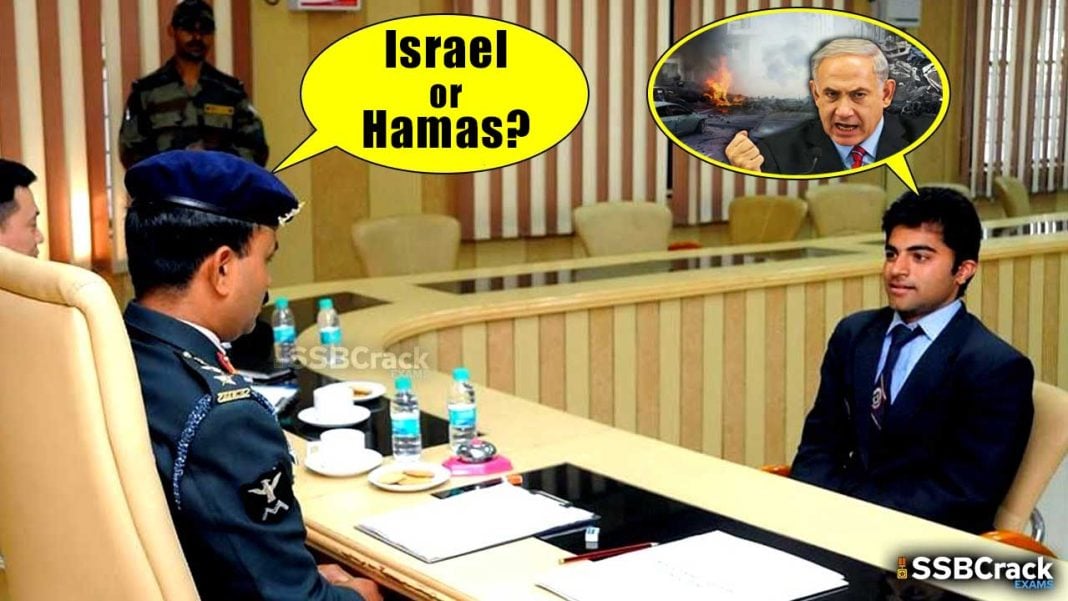41. Q: What is the role of the Palestinian diaspora in the conflict?
A: The Palestinian diaspora, spread globally, plays a vital role in advocating for Palestinian rights, preserving cultural identity, and financially supporting relatives in the Palestinian territories. Their experiences and perspectives add another layer to the broader discourse.
42. Q: How does the Israeli Defense Forces (IDF) structure influence the conflict?
A: The IDF plays a central role in Israel’s security doctrine. Its conscription system, which includes most Israeli youth, means that military perspectives and experiences permeate Israeli society, influencing public opinion and policy.
43. Q: What is the significance of the “Right of Return” for Jews in Israel?
A: Israel’s Law of Return grants Jews worldwide the right to immigrate to Israel and gain citizenship. It’s a foundational element of Israel’s identity as a Jewish state but is viewed critically by Palestinians, especially in light of their own claims to a right of return.
44. Q: How do art and literature reflect the Israeli-Palestinian conflict?
A: Artists and writers from both sides use their mediums to express pain, hope, history, and identity. Their work offers insights into the human dimensions of the conflict, often promoting empathy and understanding.
45. Q: How have Israeli-Palestinian economic collaborations fared over the years?
A: Joint ventures, like the Qualifying Industrial Zones or shared agricultural projects, show potential for cooperation. Yet, they can be controversial, with critics arguing they perpetuate imbalances or normalize occupation.
46. Q: What challenges do journalists face when covering the conflict?
A: Journalists face physical dangers, accusations of bias, and pressures from their own communities. Striking a balance between comprehensive reporting and safety or neutrality is a constant challenge.
47. Q: How does the conflict impact health care access in the Palestinian territories?
A: Checkpoints, blockades, and infrastructural challenges can restrict access to medical care for Palestinians. Additionally, occasional conflicts can strain already limited medical resources.
48. Q: How have demographic shifts within Israel, like the rise of the Haredi (ultra-Orthodox) population, influenced perspectives on the conflict?
A: Demographic changes shift political landscapes. The Haredi community, for instance, has particular views on territorial compromise, based on religious beliefs, which can influence policy when they form key parts of governing coalitions.
49. Q: How do Palestinians view the distinction between historic Palestine and current political realities?
A: While many Palestinians hold deep connections to all of historic Palestine, political views vary — from seeking a two-state solution to a bi-national single state. The distinction between historical aspirations and political solutions is a nuanced one.
50. Q: What is the role of education in shaping perceptions of the conflict on both sides?
A: Educational curricula in both Israel and the Palestinian territories shape narratives. How events are taught, which stories are emphasized or omitted, can deeply influence young minds. Efforts at joint educational projects aim to foster mutual understanding.






Vudesh